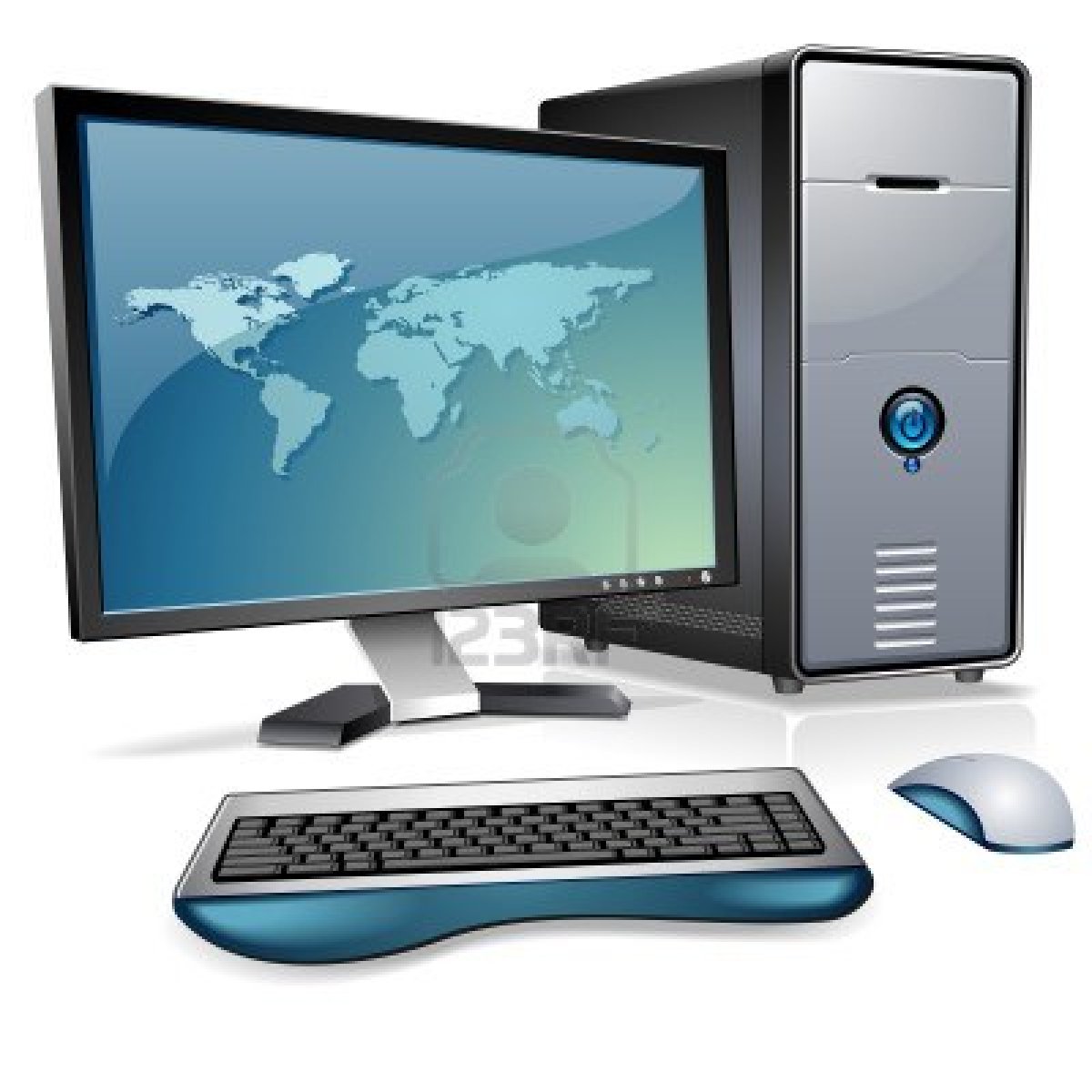While many people have moved from
the desktop computer to more portable options such as laptops and tablets,
there is still a place for the desktop PC. In terms of price, power, and
versatility, it still beats a laptop, and can be an essential part of your
computing world—the key is to find the right one. Whether you decide to go with
off-the-shelf models or custom made computers, it’s important to know which
components will help you build the perfect machine.
Start with Processing Power
The Central Processing Unit, also
known as CPU or processor, is like your computer’s “brain”, controlling how
long it takes the system to boot, how well it runs applications, and how much
power it requires. There are a wide variety of CPUs out there and a CPU upgrade
can get pricey, so it’s important to know what you want your system to do in
order to get the best one at the right price. If you’re not sure what you need,
talk to the experts at Computer Fix.

Choose an Operating System
There are basically three
operating systems (OS) to choose from—the most common is Microsoft’s Windows, followed
by Apple’s OS X and Linux. The OS is the foundation for running various
programs, so you want one that offers reliability, stability, and as much
functionality as possible.
Most PCs today come already
loaded with Windows, unless you buy an Apple computer (Mac). Linux ranks third
in terms of total users, and while it is a free open source system, it is often
only utilized by people with a lot of experience working with computers and is
not generally used by the masses. Windows offers a variety of different OS
options, most notably versions for home or professional users, and you can
decide based on how you intend to use the computer.
Hard Drive & Memory
The next choice for your custom
made computers is how big you want the hard drive, and how much memory you need.
These are not the same thing—each has a distinct role within the computer, but
both are absolutely critical. The hard drive (measured in GB) stores your data,
while the memory is what accesses and runs programs (measured in RAM). You will
usually have hundreds or even thousands of GB of storage (hard drive), while
you will only have about 4 to 8 GB of RAM (memory). Generally speaking, more
hard drive and more memory are good things, especially if you intend to run
RAM-intensive programs like Adobe Photoshop, or you want to store
significant-size files, such as videos and pictures.
The Finishing Touches
You also need to decide whether
you want custom made computers with upgraded video cards. If your purpose is to
use the computer for word processing, spreadsheets, and email, a video card
will not be as important. If you’re using it for video games and other
graphics-intensive programs, consider upgrading.
The final step is to choose your
accessories, such as the monitor, keyboard, and mouse. Decide whether you need
wireless or wired accessories, and what size and resolution you want your
monitor to be. Today’s monitors are often super high resolution and large,
offering an experience similar to watching television on an HDTV.
When you know what you want from
your computer, visit Computer Fix to build a custom machine with everything you
need.
Functions are the primary things that makes the gadget smart.When shopping for appliances,we should not only concentrate on issues such as price and also need to anticipate repairs in future,by getting an appliance that will not be too difficult to repair in case of damage.
ReplyDeletePC Richard & Son